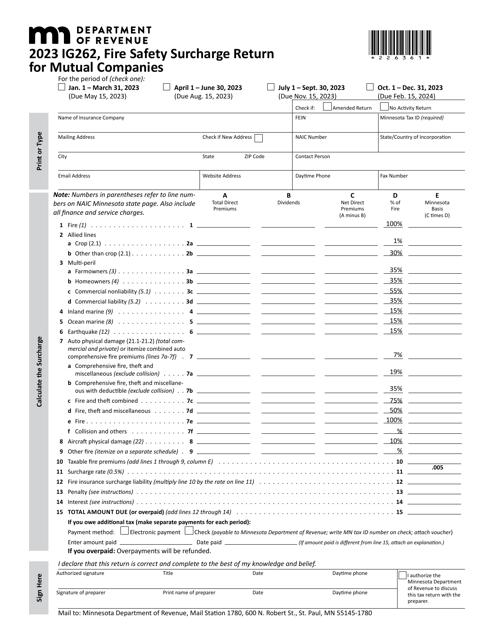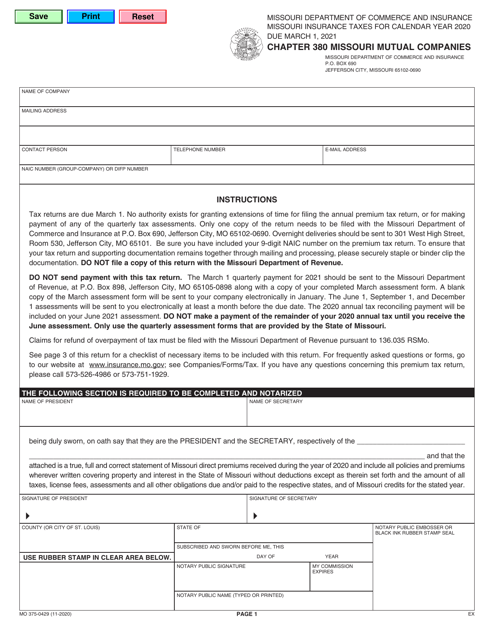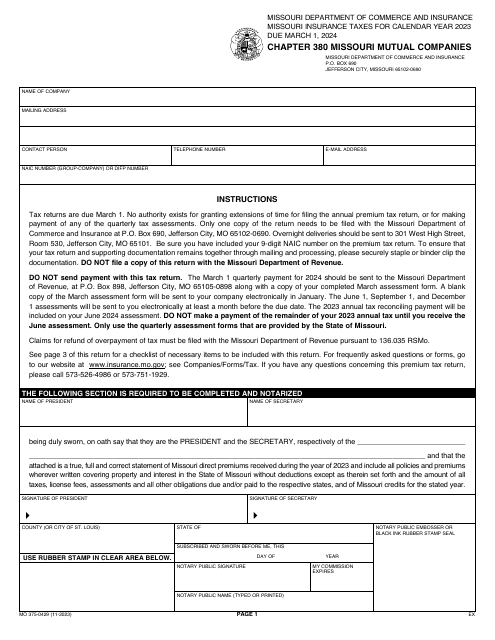Mutual Company Templates
A mutual company, also known as a mutual organization or mutual society, is a type of financial institution that is owned by its policyholders or members. Unlike traditional companies that are owned by shareholders, mutual companies operate with the goal of benefiting their members, rather than maximizing profits for external investors.
Mutual companies often offer insurance and other financial services to their members. These services can include life insurance, property insurance, health insurance, and more. By pooling their resources and spreading risk among the members, mutual companies are able to provide affordable coverage and financial products to their policyholders.
One of the key characteristics of a mutual company is its policyholder ownership structure. This means that the policyholders have a say in the company's operations and are entitled to a share of the profits in the form of policyholder dividends. This distinguishes mutual companies from traditional shareholder-owned companies, where profits are distributed to external shareholders.
In order to ensure transparency and accountability, mutual companies are subject to regulatory oversight and reporting requirements. These requirements may vary depending on the jurisdiction in which the mutual company operates. For example, in the United States, mutual companies may need to file specific forms and reports with state insurance departments, such as the Form IG262 Fire Safety Surcharge Return for Mutual Companies in Minnesota or the Form MS375-0429 Chapter 380 Missouri Mutual Companies in Missouri.
The existence of mutual companies provides policyholders with an alternative to traditional shareholder-owned companies. By choosing to do business with a mutual company, individuals can become part-owners and have a voice in the company's decision-making process. This member-centric approach to business is often seen as a more customer-friendly and community-oriented model.
In conclusion, mutual companies are financial institutions that are owned by their policyholders or members. They offer insurance and other financial services, and operate with the goal of benefiting their members rather than maximizing profits for external shareholders. Through their policyholder ownership structure, mutual companies provide a unique alternative to traditional shareholder-owned companies.
Documents:
5
This Form is used for chapter 380 of Missouri Mutual Companies in the state of Missouri. It is used to provide necessary information and documentation required by the state for mutual companies operating in Missouri.



